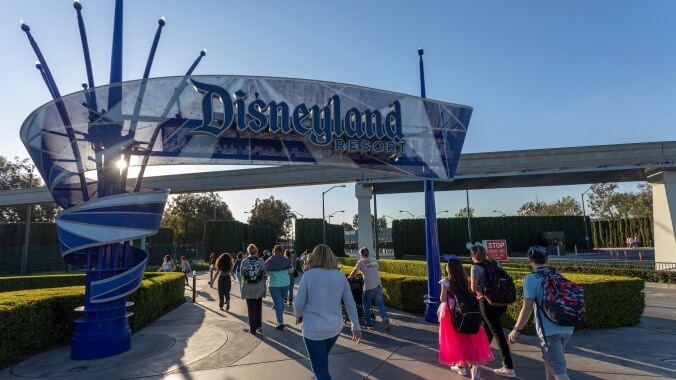Disneyland has closed, despite being exempt from California's ban on public gatherings

As reported by Variety, Disney has decided to shut down its Disneyland park in California due to the state’s recommended ban on large public gatherings due to the COVID-19 virus. The California parks will remain closed until (at least) the end of March. In a statement, Disney noted that there have been no reported cases of the coronavirus at the park, but it decided that it was in “the best interest of our guests and employees” to close the park. This will go into effect on March 14, and Disneyland’s hotels will remain open until March 16 so anyone staying there can make alternate stay or travel arrangements. The company also adds that it “will continue to pay cast members during this time,” which is worth pointing out because it’s not necessarily a given.
 Keep scrolling for more great stories.
Keep scrolling for more great stories.
